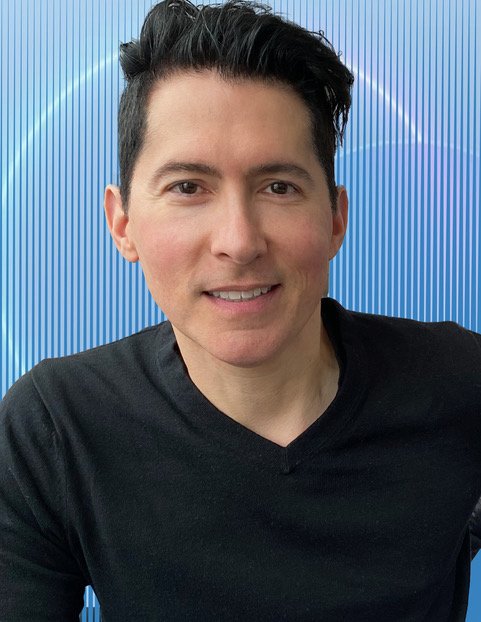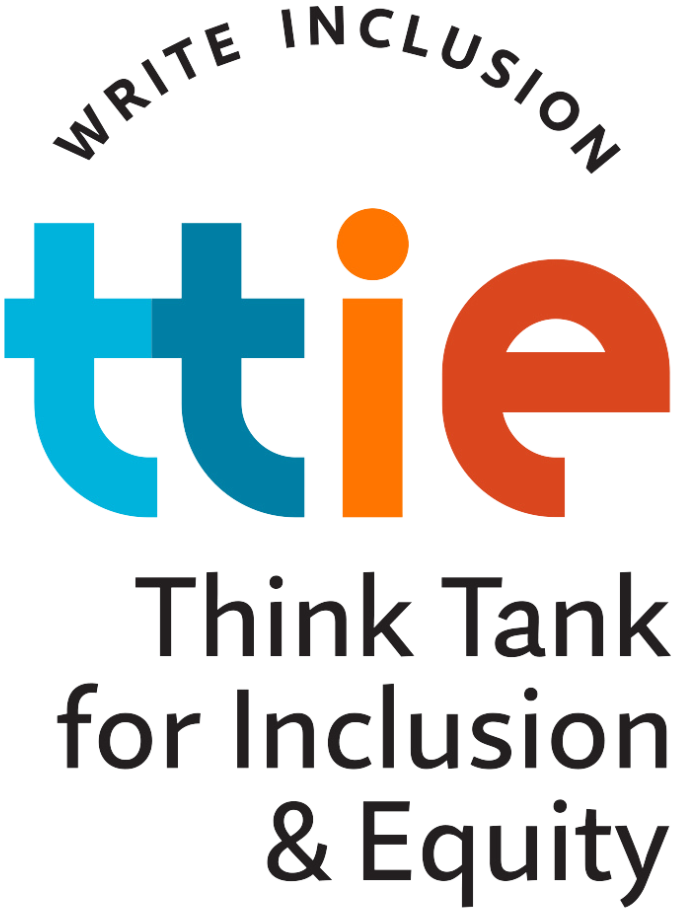The Writers Room
Since 1974, Humanitas has honored and empowered screenwriters whose work explores the human condition in a nuanced, meaningful way. We champion screenwriting projects that explore the human condition, as we believe the act of acknowledging our common humanity can be transformational for audiences. A strong desire to identify and nurture new generations of screenwriters dates back to Humanitas’s founding and led to the creation of annual programs like the New Voices Fellowship, College Screenwriting Awards, and Industry 101.
Thanks to generous support from The Muriel Pollia Foundation, Humanitas is continuing The Writers Room, a TV writing workshop for high school students. The Writers Room offers students an introduction to TV writing and the opportunity to act as the “staff” of a TV “writers room,” working together to pitch, outline, and draft a teleplay of a pre-existing series. The Writers Room Workshop concludes with a table read in front of an audience. The 2024-25 Writers Room is offered in person at Hollywood High School once a week throughout the school year.
THE WRITERS ROOM 2024-25
The first semester will be an introduction to screenwriting, the culture that surrounds it, and provide an opportunity for students to know each other. The second semester will be the Screenwriting Workshop. With a writing culture established and the basics fully internalized by students, a teaching artist will serve as a “showrunner” for students who will act as the “staff” of a TV “writers room,” working together to pitch, outline, and draft one teleplay of a pre-existing series.
THE WRITERS ROOM SPEAKER SERIES
The Writers Room kicks off with a 12-week Speaker Series supported by a number of partner organizations and featuring a host of visitors exploring topics that relate to voice, screenwriting, and the entertainment industry.
-
Week One - Improv with Upright Citizens Brigade! (Partner: Upright Citizens Brigade)
UCB instructors Karen Baughn and Artoun Nazareth kick off the speaker series with improv exercises, introducing students to the “yes, and” basics and how that attitude can be applied in a writers room.
Week Two - Finding Your Voice (Partner: Black Boy Writes Media)
Writers and Black Boy Writes Media mentors Andre Ferguson (Power, Power Book: II Ghost) and Jackie Penn (Ginny & Georgia, Turner & Hooch) lead students through writing exercises and a deep, insightful conversation about voice.
Week Three - Character (Partner: The Screenwriting Life)
Lorien McKenna (Inside Out, Brave) of The Screenwriting Life podcast joins the class to explore, through discussion and writing exercises, how a writer uses their own perspective to shape characters.
Week Four - Structure in Screenwriting (Partner: UCLA Extension Writers' Program)
UCLA Extension instructors Mollie St. John & Jessica Gonzalez breakdown for the students how stories are structured, how this plays out in outlining and the work of a writers room, and how the basic building blocks for film and television differ.
Week Five - Formatting in Screenwriting (Partner: Final Draft)
Alejandro Seri & Andrew Rodgers from Final Draft, an industry leading screenwriting software company, share a presentation with the class about screenplay formatting conventions and rules, and when it’s okay to break them.
Week Six - Telling Stories You Want to See (Partner: Think Tank for Inclusion and Equity)
Speakers Teri Rusike and MW Cartozian Wilson from TTIE joined the class to discuss their work, authentic representation in film and television, and the process of bringing to the screen the type of stories you want to see, even when that story is different from what the marketplace typically offers.
Week Seven - Animation (Partner: Nickelodeon Writing Program)
To compare and contrast writing for live-action versus writing for animation, guests Josh Brown and Jeff Sayers from the Nickelodeon Writing Program come to class and discuss the differences between the mediums, with an emphasis on animation’s perspective.
Week Eight - Mentoring & What “Breaking In” Means (Partner: Film Independent)
Angela Lee from Film Independent will join students to explore the importance of mentorship in TV and what "breaking in" looks like for a writer in the film and television industry.
Week Nine - Business of Screenwriting (Partner: Echo Lake Entertainment)
Amy Schiffman and Nick Arnstein of Echo Lake Entertainment, an industry leading management and production company, discuss the business side of screenwriting and how the economics of the television industry are constantly evolving.
Week Ten - Teaching Artist Visit
This week, students will welcome The Writers Room Teaching Artist. The Teaching Artist will explore what a spec script is and begin to facilitate the selection of the television show the class will spec in the spring workshop.
-
The second semester will offer an introduction to TV writing and the opportunity to act as the “staff” of a TV Writers Room. For twelve weeks, students will work together to pitch, outline, and draft a teleplay of a pre-existing series.
In addition to writing instruction, this collaborative, creative process offers students the unique opportunity to practice interpersonal communication, compromise, teamwork, active listening, conflict resolution skills, and the ability to receive feedback and offer constructive criticism.
A final table read serves as the culminating event. The event may include special guests, pending scheduling and availability.
The Spring semester will also include guest speakers on topics including:
Short Film (Partner: NewFilmmakers Los Angeles)
NFMLA's Larry Laboe and filmmakers Miguel Angel Caballero & Luis Antonio Aldana come to class to discuss short films, their role in the industry at large, and how to write and make them.
Community, Mental Health, & Advocacy (Partner: Center for Scholars & Storytellers)
Exploring the importance of building a writing community, how mental health impacts screenwriting, and what activism and advocacy in screenwriting can look like.
And more!
MEET THE TEACHING ARTIST
Spiro Skentzos
Growing up speaking Spanish, Greek and English at home, Spiro developed an early interest in language, which inspired him to write. His first foray into screenwriting was as a young boy, writing scripts for his Star Wars figures, where they battled his sister’s giant, menacing Barbie dolls—and he’s been writing ever since.
He won Best Original Screenplay at the Ohio Independent Film Festival for his first feature script. The prize money was enough to cover one month’s rent at the time, and more importantly encouraged him to keep writing.
His professional TV writing career began in comedy, writing episodes of ABC’s George Lopez; then he co-created and co-wrote the animated sci-fi/zombie web series Chadam, a cult-fav based on the eponymous character. He’s a graduate of The NHMC Writing Program, the PGA’s Power of Diversity Program, and NBC’s Writers on the Verge Program, which ultimately opened the door for him to spend two seasons writing and producing on NBC’s Grimm. In addition, he’s written on the CW’s Arrow—and sold three pilots. He’s currently developing projects for producers.
To help inspire the next generation of writers, Spiro created and produces the “Intro to TV Writing” panel at San Diego’s Comic-Con, currently in its twelfth year.
SPONSORED BY
This project is supported by The Muriel Pollia Foundation. This activity is funded in part by the California Arts Council, a state agency, and by the Snap Foundation, a 501(c)3 organization.
SCREENWRITING SOFTWARE PROVIDED BY
This project is supported by Final Draft, who provided a one year site license of the latest Final Draft screenwriting software for student use. To learn more about Final Draft and its products and services, visit: www.finaldraft.com.
















